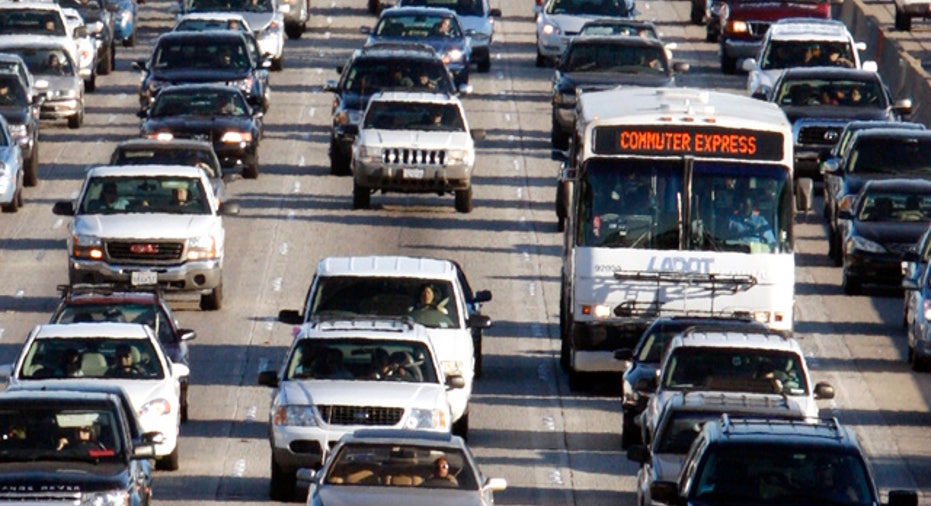Crash Course: Spotting Counterfeit air Bags

There is an increase in counterfeit air bags being used as replacement parts in cars that have been in crashes, according to the National Highway Traffic Safety Administration, or NHTSA. These air bags are at times installed by reputable, independent repair shops that are unaware they are counterfeit.
While the risk of having counterfeit air bags installed in your car is relatively low, the possibility of causing injury in a car accident when the air bags don't deploy properly is high. In NHTSA testing, all counterfeit air bags malfunctioned, with problems ranging from exposing metal shrapnel when deploying to not deploying during a crash.
A car is only at risk if it is repaired at an independent repair shop rather than a new-car dealer or if a replacement air bag is purchased from eBay or another noncertified source, but many car owners may find themselves working with an independent body shop after a car accident and could be at risk, according to the NHTSA.
If your car is getting repaired at an independent auto repair shop, ask the operator to order an original equipment manufacturer, or OEM, replacement air bag from the local dealer for your brand of car. Ask the mechanic to provide you with a copy of the invoice from the dealer showing the air bag ordered to help verify that it is an original part. Most OEM airbags cost $400 or more, so be wary of an air bag that costs substantially less.
Once the air bag has been replaced in your car, visually confirm that it is the identical color to the upholstery in your car and the embossed letters SRS, which stand for supplemental restraint system, are well-defined on the air bag.
For consumers who are buying a used car, take special note of any accidents listed on the vehicle history report. If you are purchasing a car that has been in an accident, ask for documentation of the repairs to help determine if the air bag has been replaced and, if so, if an original equipment part was used. Only used cars that have had their air bags replaced since 2010 are at risk, according to NHTSA.
Even if there is no evidence that the car has been in an accident or had its air bag replaced, it's a wise move for used-car buyers to visually inspect the air bags for differences in coloring and the SRS embossing. In the event they see any signs of possible counterfeit air bags, it is safest to avoid purchasing the car entirely.
Get more news, money-saving tips and expert advice by signing up for a free Bankrate newsletter.
Ask the adviser
If you have a car question, email it to us at Driving for Dollars. Read more Driving for Dollars columns and Bankrate auto stories. Follow her on Facebook here or on Twitter @SheDrives.
Bankrate's content, including the guidance of its advice-and-expert columns and this website, is intended only to assist you with financial decisions. The content is broad in scope and does not consider your personal financial situation. Bankrate recommends that you seek the advice of advisers who are fully aware of your individual circumstances before making any final decisions or implementing any financial strategy. Please remember that your use of this website is governed by Bankrate's Terms of Use.



















